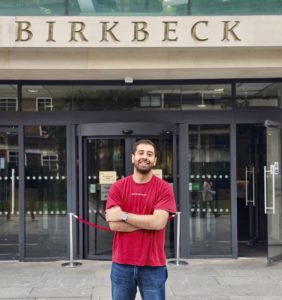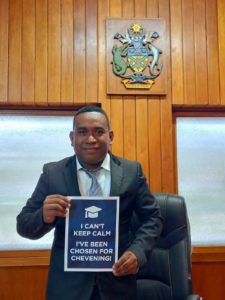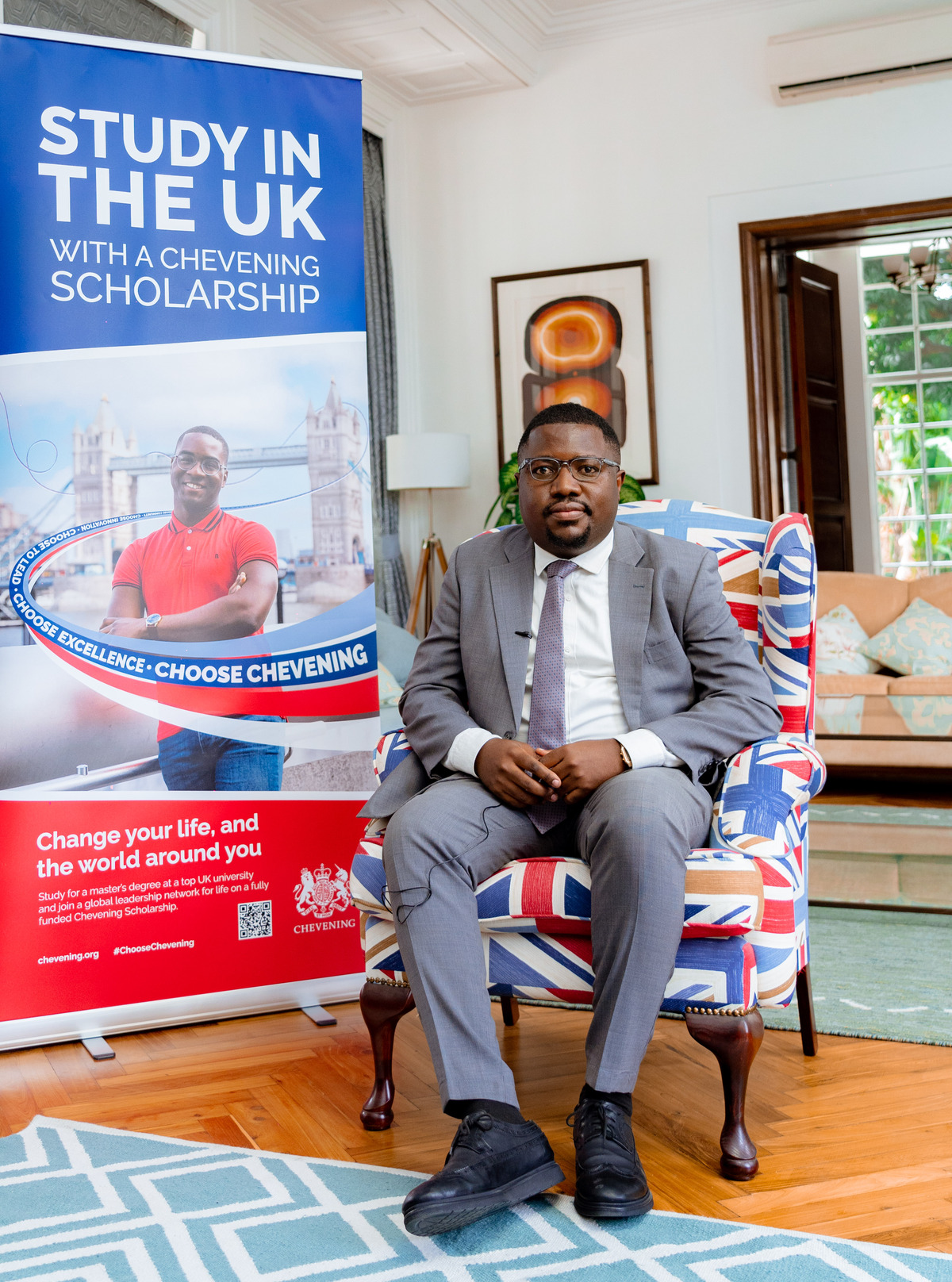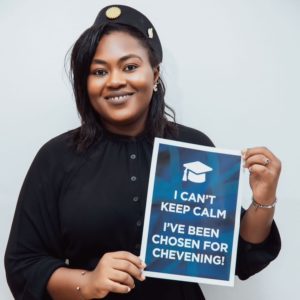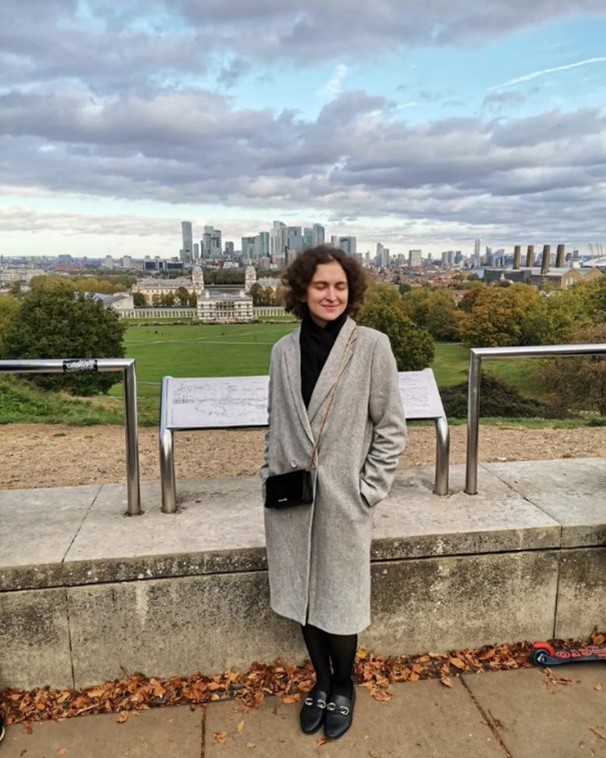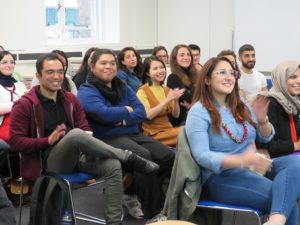Applications for the 2025/26 Chevening, the fully funded scholarship for postgraduate students offered by the UK government, open in August. Catherine Charpentier, from Birkbeck’s International Marketing and Recruitment team, advises how to prepare to apply for the highly coveted scholarship.
It’s official, applications for Chevening for 2025/26 open on Tuesday 6 August 2024! If you’re thinking of applying, there’s a lot you can do before this date, so here’s a roundup of some top tips.
Double check eligibility criteria
First of all, you want to make you meet all eligibility criteria – including citizenship and academic background. You also need to have at least two years work experience (equivalent to 2,800 hours) in order to apply. This can be in part-time or full-time employment, voluntary work or paid or unpaid internships. Work experience can be completed before, during, or after graduating from your undergraduate studies. It’s also worth noting that your work experience does not need to be related to the course/s you want to study.
Don’t have 2,800 hours of experience just yet? Why not apply for an internship, or offer your services to a volunteer organisation to make up the total? You should meet the requirements by the time you submit your form, with applications scheduled to close in the autumn.
Assuming you meet all the eligibility requirements, what next to help you prepare for an application?
Gain meaningful experience
Beyond the number of working hours accumulated, you should reflect on how your work experience demonstrates leadership qualities. What impact have you had on your company or community?
If you think these are points you could improve on, why not take advantage of the next few months to do so? You could volunteer to take on extra responsibilities at work, or lead on a project for an organisation you are involved with, or even organise an event for a charity.
Develop your network
In your application, you will be required to demonstrate your networking skills. Spend the next few months engaging with your network; reactivate old links and build new relationships, attend community events, support local groups, a professional organisation, or your local Chevening alumni network.
You can refer to Birkbeck Futures, The Importance of Networking guide, for tips and advice to develop a networking strategy.
Choose your programme of study
Selecting the right courses at the right universities is one of the most important aspects of your application. Only full-time courses that start in the autumn term, and lead to a taught master’s qualification are eligible. Visit university websites, explore modules, find out what student’s have to say about their experiences, and check you meet the institution’s entry requirements before selecting your programme.
Remember you must be able to demonstrate both why you selected the specific Master’s and institution, and how the qualification you will gain aligns with your short, mid and long-term goals.
Select your referees
You will have to give the name of two referees in your application. Use the next few months to select who you think could provide positive and meaningful references for you. Get in touch now, keep the relationship alive and remind them of all the reasons why you will be deserving of this glorious reference when the time comes!
Further Information:


